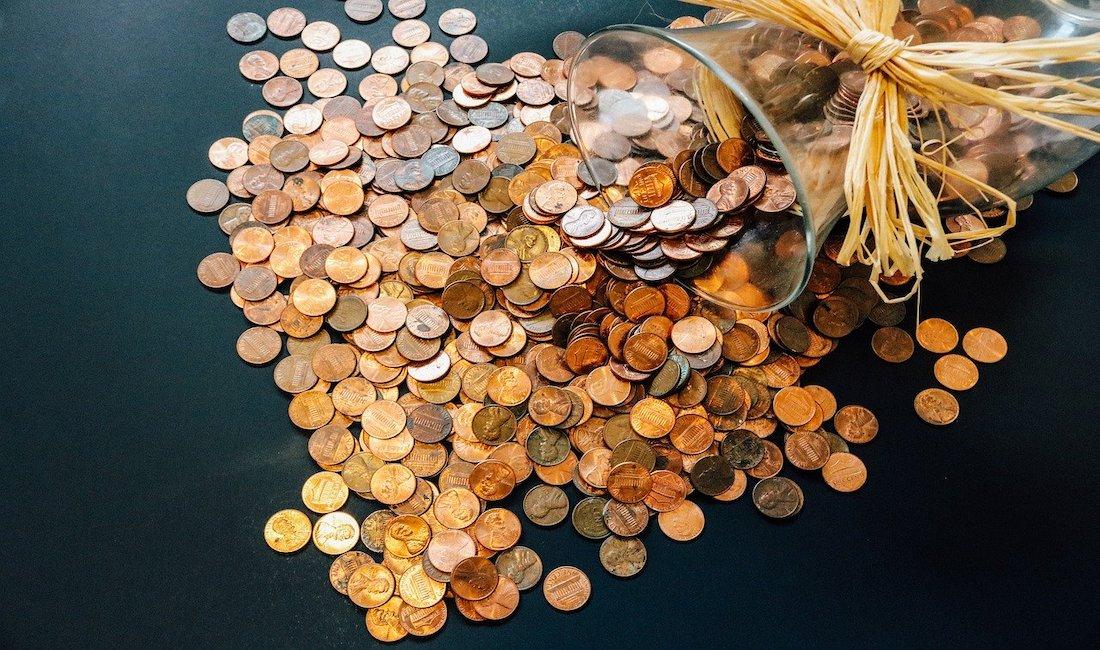It is key to reinforce their education in managing money responsibly, understanding delayed gratification and the importance of long-term planning. You can begin to introduce to kids to banks through something as simple and as easy as savings accounts.
It’s also very logical that you discuss banking with your kids, especially as you continue to guide them towards the values of financial responsibility and sustainability.
Discuss How Banks Help People
To get started on talking about banks with your kids, you have to let them know why it’s important that they know about it.
First, you have to explain to the kids that banks keep your money safe. They have systems and personnel to make sure that their money is secure. Let them know that while having lots of money can be nice, it’s not smart to keep it all at home!
Second, explain that banks help you manage your money smarter and better. Money that is not easily accessible is money that cannot be spent right away. So banks serve as a layer to help them think twice about spending money on a whim.
Third, teach them that banks are able to make their money grow. When they choose to let a bank keep their money, they lend it to businesses and companies that need it and in turn pay interest for letting them use your funds. But you also have to carefully explain that they should not worry and that their money will always be there if they need it.
Fourth, let them know that when they are older, banks can also lend them money if they need it. However, you also have to let them know that inverse to keeping money in the bank, getting money from the bank means that you need to pay extra. So this requires a lot of responsibility.
Why Is It Important to Teach Small Kids About Banks?
Well, the idea is to demystify banks to kids because at some point they will encounter banking. And it’s better that they already have an idea of how to go about it sooner than later. I think a lot of parents are hesitant to teach kids banking because it seems complicated and kids won’t understand these things.
Opening a Savings Account for Your Kids Has A Lot Of Benefits
In A Smart Way To Start, we believe that opening a savings account for your kids shouldn’t be a novelty. It should be a necessity. Especially if you open it early on in their lives, it shouldn’t be anything but a positive force in your child’s financial journey.
First benefit: Opening a savings account is a money moment you can keep using and reusing!
When you first open a savings account for your kids, it’s definitely going to be a trip full of questions. They’re going to ask questions like why they need to open a bank account. Where is their money going after it is handed over to the bank tellers? Why do they need to save up? Take that opportunity to explain to them why saving money is needed. Also, take the opportunity to let the tellers talk to your kids and let them know how they (as bankers) can take care of the money for the kids’ use in the future.
In addition, you can continue to use every subsequent visit to the bank as educational moments. From counting the money to be deposited to showing your kids the numbers on their passbook grow with every deposit to letting them keep their passbook so they can manage their own accounts.
Second benefit: Harnessing the power of compounded interest early on.
You really see the power of compound interest the longer it’s been occurring. At first, the first couple of cents may mean nothing, but imagine that every cent that compounds gets added to the principal amount and then gains interest, then it slowly begins to add up, right?
Now...imagine the compounding happening for at least 10-15 years. If you open your kids’ bank account as early as age 3 or 4, their account will be continuously growing from interest AND deposits for at least 14 more years. Make sure you explain to your child that this is how their money grows while in the bank. Banks lend money to companies and individuals that need it and ask for fees as payment for lending you the money. These fees are then paid back to the account holders through interests in their account.
Third benefit: It sets kids up FOR SUCCESS!
A study conducted by the state of Oklahoma in the United States shows that child development accounts lead to better emotional and social development in kids. The study surmised that such accounts would positively affect a child’s upbringing and well-being.
What the study showed was that kids who had money deposited in such instruments scored better in a follow-up survey on the kids’ socio-emotional development.
It may also be that opening your kids a bank account or asset account subtly nudges you towards the direction of slowly gearing them up for a more planned future. If you allot the account for your child’s university education, then you’re more likely to encourage them to study well and do well in school in order to qualify for university.
It’s a domino effect that gears your kids for success and a bright future!
Nothing To Lose And Everything To Gain!
For us at A Smart Way To Start, we believe that proper education on financial literacy, gender-pay equality, and sustainability is everything. If you, fellow parents, can properly educate your kids on good money habits and practices early on, then you’re setting your kids up for success.
Which I why I also wanted to insist that education on these important issues early on is important. After all, the earlier they learn, the more they can practice...and practice makes perfect, right? Which is why our books are made with kids in mind! We want kids to learn important concepts that they will take into the future early on.
Let’s do everything we can in our power to make sure that we help our kids set themselves up for success! From teaching them on how to save up money to giving them allowances to teaching them how banks work!
As their guide, it’s our duty to help them grow and develop into financially-conscious and sustainability-savvy individuals who are forces of good.







